Whether you want to focus on cancer research, blood disorders, or lymphoproliferative diseases, a PhD in haematology can provide you with the skills you need to become a highly effective physician. This degree is typically three years long and includes a doctorate in a relevant field. The program is also highly flexible and you can finish the PhD in as little as one year.
The PhD program is based in a research group at Johns Hopkins. The faculty in this department focus on diverse areas of hematology, including the NHLBI-funded Sickle Cell Center and the Amyloidosis Treatment and Research Program. In addition to a core curriculum in hematology, the university has active programs in cutaneous T-cell lymphoma, CLL, megakaryopoiesis, and hematologic stem cells.
The faculty research in the department focuses on diverse areas of hematology. The faculty's research includes the NHLBI-funded Sickle Cell Center and the Amyloidosis Treatment and Research Program, and active programs in hematologic malignancies, vascular biology, megakaryopoiesis, and hematologic stem cells. You can complete your Ph.D. in haemato-oncology at either of these institutions.
PhD students in haematology can choose to work in a laboratory that specializes in one or more of these fields. This includes a variety of disciplines and will give you a thorough training in the fields you are interested in. For instance, in cancer, hematologists focus on solid neoplasms, like acute myeloid leukemia, and hematological disorders, such as lymphomas of B cells and gliomas of bone and cartilage.
Ph.D. in Haemato-Oncology Eligibility
Candidates who want to take admission in Ph.D. must have a post graduate degree in Haemato-Oncology and its relevant discipline with at least 55% marks from a recognized university and must have passed the national level entrance examination or university level entrance examination. National level entrance exam like UGC NET / UGC CSIR NET / GATE / SLET or University entrance exam consisting of written test and personal interview.
The Benefits of a Ph.D. in Haemato-Oncology
The Hematology and Medical Oncology Fellowship Training Program is a multidisciplinary training program that develops future clinical and laboratory investigators in the field of hematology and oncology. The fellowship trains trainees for academic careers and helps advance knowledge about blood disorders and cancer. The training is comprehensive and includes didactics and clinical research. Graduates will gain the skills needed to become independent investigators and research scientists.
The Ph.D. program is designed to provide comprehensive training in oncology. It leads to board certification in specific subspecialties and develops the next generation of clinical investigators. Applicants are encouraged to participate in the MsK Fellowship Training Program, where they will gain a broad perspective on cancer research and patient care. The MKF program emphasizes career development, and focused education.
MSMHO faculty members are dedicated to educating future clinicians. Their focus on cancer care is second to none. The M.D. program is led by an internationally renowned faculty. The program offers a strong foundation for advancing a career in the field. The MK Fellowship is the most rigorous training in the field, and is aimed at developing future clinical investigators.
The Career and Job Opportunities of a Ph.D. in Haemato-Oncology
A PhD in Haemato-Oncology allows you to specialize in a specific area of cancer, including immunology, molecular biology, and clinical trials. You may work in a hospital or clinic or in a research setting, but it is highly likely that you will have the option of establishing a practice of your own. You will also have the opportunity to train fellows and teach medical students.
A PhD in Haemato-Oncology is required to join a prestigious institute or research center. You'll receive training from a leading academic and industry leader in the field. There are several funding programs for early-career hematologists, including the ASH Visitor Training Program. A Ph.D. in Haematology will qualify you to apply for this program, as will a PhD in Haematology.
After graduation, you'll be prepared to enter a practice of Hematology and Oncology. Depending on your academic achievements, you may choose to work in a hospital or clinic. You'll be expected to work in a hospital or clinic, and your salary and rank will be commensurate with your level of experience. As an added benefit, you'll be able to participate in training house staff and medical students, and you'll have the opportunity to supervise research trainees.
The Future Scope of Ph.D. in Haemato-Oncology
The field of hematology offers a unique opportunity for those interested in studying blood disorders and the treatments for them. This diverse and fast-growing field impacts nearly all fields of medicine, from dentistry to neuroscience. Thanks to modern advances in hematology, millions of people are now healthier and free from heart disease and cancer. Hence, a Ph.D. in haematology is a lucrative career choice.
This field is very important in the United States, where there are many jobs in the hematological field. This field involves the study of various blood disorders, and is characterized by a wide range of scientific advances. A PhD in this area allows you to focus on any area of hematology, from clinical research to cancer care. The field is a dynamic, varied, and challenging area of medicine, where new breakthroughs are made every day.
Those who already hold a medical degree may apply for appointments in hematology at Winship Cancer Institute in Atlanta, Georgia. A PhD in this field is essential for clinical practice, as you will need a mentor to get your research funded. However, if you are a doctor, the program is also a good choice for practicing hematology. If you've got a PhD, you could start researching for research in your field.
Ph.D. Research Programme duration
The Ph.D. in Haemato-Oncology course is minimum 3 years and maximum 5 in duration. This depends on the university offering the course.
Fees for research programme for Haemato-Oncology
The average fee for Ph.D. in Haemato-Oncology degree is between INR 50K and INR 5 Lacs.
 5 Years
5 Years
 PhD
PhD
 Research
Research







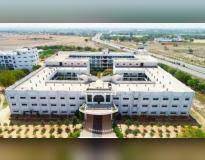
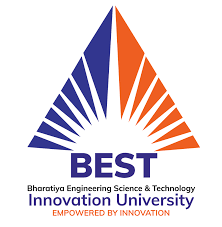
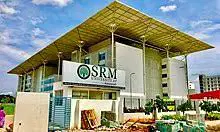
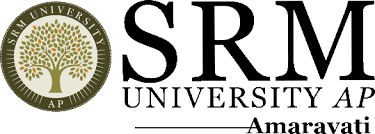
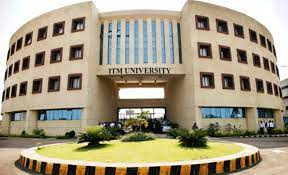
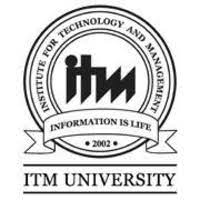
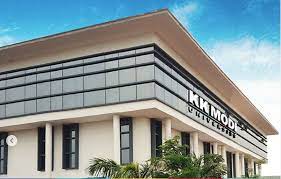
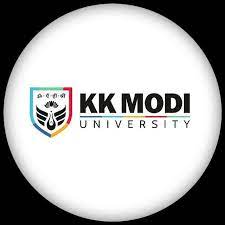


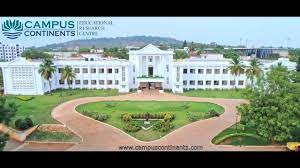
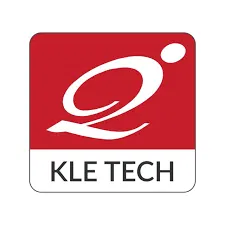


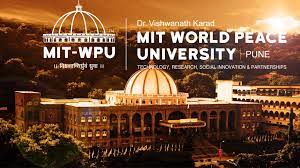
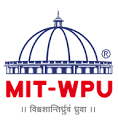
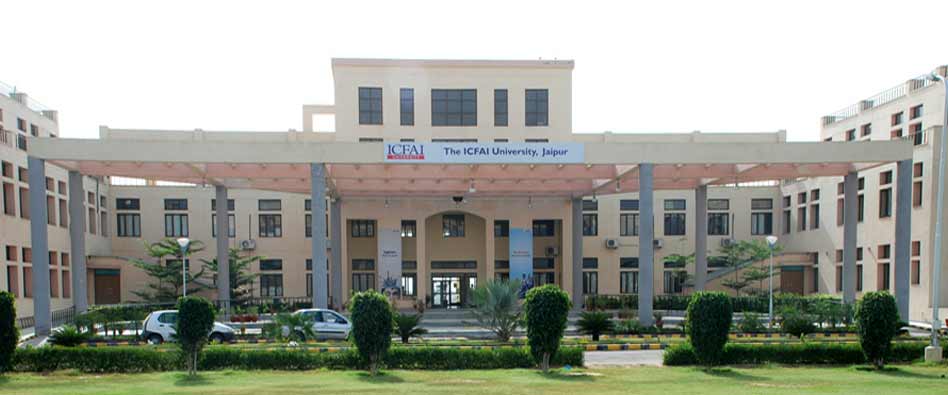
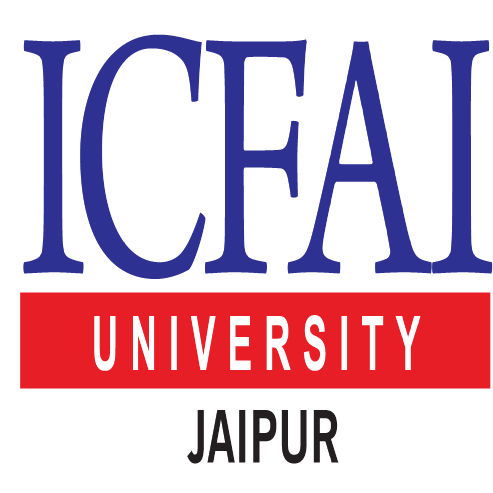
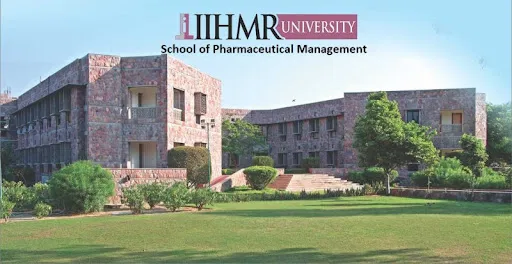

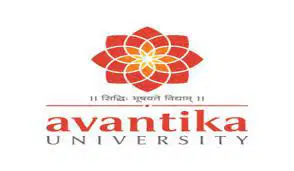
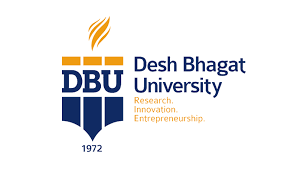
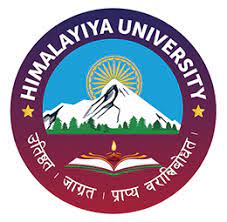

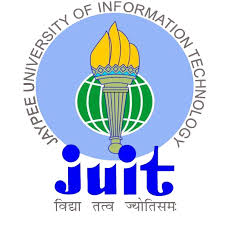

 back
back